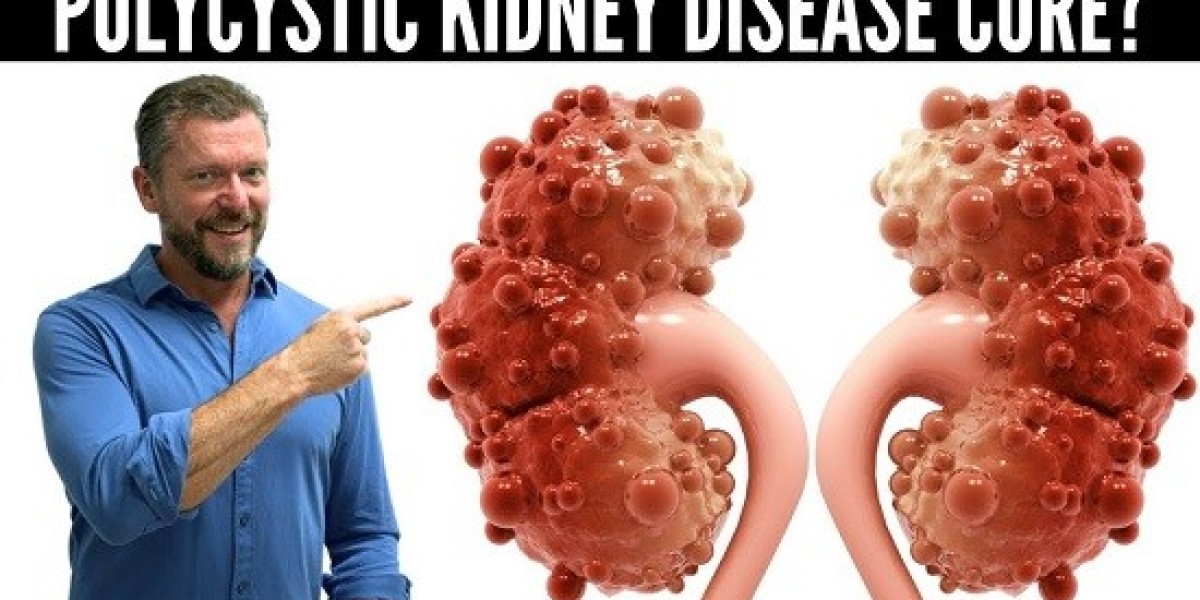Polycystic Kidney Disease (PKD) is a genetic disorder characterized by the growth of numerous cysts in the kidneys, which can lead to kidney damage and other health complications. While there is no definitive cure for Polycystic Kidney Disease, various medications and supplements can help manage the symptoms, slow disease progression, and improve quality of life. Here are the top five expert-recommended medications for Polycystic Kidney Disease and additional advice on maintaining kidney health.
What is Polycystic Kidney Disease?
Polycystic Kidney Disease (PKD) is a genetic disorder characterized by the growth of numerous cysts in the kidneys. These cysts are fluid-filled sacs that can enlarge the kidneys, impairing their ability to function properly. Over time, PKD can lead to complications such as kidney failure, high blood pressure, and other health issues. It is one of the most common inherited kidney disorders, affecting millions of people worldwide.
Types of Polycystic Kidney Disease
There are two primary types of PKD:
- Autosomal Dominant Polycystic Kidney Disease (ADPKD):
- The most common form of PKD.
- Symptoms usually appear between the ages of 30 and 50.
- It is caused by a mutation in one of two genes, PKD1 or PKD2, which leads to cyst formation.
- Autosomal Recessive Polycystic Kidney Disease (ARPKD):
- A rarer form of the disease.
- Symptoms often appear early in life, sometimes even before birth.
- It results from mutations in the PKHD1 gene and can cause severe complications in infants and young children.
Symptoms of Polycystic Kidney Disease
The symptoms of Polycystic Kidney Disease can vary widely depending on the type and severity of the disease. Common signs and symptoms include:
- High blood pressure (hypertension)
- Back or side pain
- Enlarged abdomen due to kidney swelling
- Blood in the urine (hematuria)
- Frequent urinary tract infections (UTIs)
- Kidney stones
- Declining kidney function, which may eventually lead to kidney failure
Causes and Risk Factors
Polycystic Kidney Disease is caused by genetic mutations inherited from one or both parents. In ADPKD, a child has a 50% chance of inheriting the disease if one parent carries the defective gene. In ARPKD, a child must inherit two copies of the mutated gene (one from each parent) to develop the disease.
Other factors, such as environmental influences or specific triggers, may affect the severity of symptoms, but genetics remain the primary cause.
5 Medications for Polycystic Kidney Disease
Polycystic Kidney Disease (PKD) is a genetic condition characterized by the growth of cysts in the kidneys, leading to kidney enlargement and, often, reduced kidney function. While there is no definitive cure for PKD, various medications can help manage symptoms, slow the progression of the disease, and improve quality of life. Below, we outline five key medications commonly used in the Treatment of Polycystic Kidney Disease.
1. Tolvaptan
Tolvaptan is one of the few FDA-approved drugs specifically for Autosomal Dominant Polycystic Kidney Disease (ADPKD). It works by inhibiting vasopressin, a hormone that contributes to cyst growth. Studies have shown that Tolvaptan can slow kidney function decline and reduce cyst growth.
Pros:
- Slows disease progression
- Reduces kidney size and associated pain
Cons:
- Requires frequent liver function monitoring
- May cause side effects like thirst and frequent urination
2. Blood Pressure Medications
High blood pressure is a common complication of PKD, and managing it is crucial to prevent further kidney damage. ACE inhibitors (e.g., Lisinopril) and ARBs (e.g., Losartan) are commonly prescribed.
Pros:



